
The Republic by Plato
Book Source – Internet Archives
Download Free Via the 3 Dots
Understanding The Republic by Plato
The Republic by Plato stands as one of the most influential works in Western philosophy. Written around 380 BCE, this dialogue, presented through the character of Socrates, explores profound questions regarding justice, political theory, and the nature of the ideal society. Plato constructs a detailed vision of a perfect city, Kallipolis, where the concept of justice extends beyond personal conduct to the very structure of society itself. This work remains a cornerstone in the study of ethics, politics, and philosophy.
The central theme of The Republic is the exploration of justice. What is justice, and how can it be achieved in society? Plato begins by addressing this question through the character of Socrates, who engages in philosophical dialogues with various interlocutors. His answers evolve as the work progresses, ultimately leading to the establishment of an ideal city governed by philosopher-kings. In Plato’s view, a just society can only exist when individuals perform their natural roles, creating harmony within the community.
The dialogue covers not only the structure of the ideal city but also the role of education, the soul’s immortality, and the pursuit of knowledge. Through various allegories, Plato discusses how individuals can ascend from ignorance to wisdom, exemplified in the famous Allegory of the Cave. Plato’s work urges the reader to question the nature of reality, justice, and existence itself, making The Republic not only a political treatise but a spiritual and philosophical inquiry.
The book’s relevance stretches beyond ancient Greece. The themes of justice, the ideal society, and the nature of leadership are still vital today. Plato’s political philosophy, advocating for a society led by philosopher-kings, raises timeless questions about the qualities necessary for good governance. Thus, The Republic remains a work of eternal importance, not just for philosophers, but for anyone concerned with the structure and values of society.
In The Republic, Plato posits that philosophy is essential for understanding the true nature of justice, wisdom, and the human soul. His ideas about governance, education, and ethics continue to influence thinkers across a wide range of disciplines. The book challenges readers to rethink their understanding of what constitutes a just life and a just society, a question that remains deeply relevant to contemporary discussions.
Ultimately, The Republic is not just a treatise on political theory, but a profound meditation on human nature. It explores how personal virtue aligns with societal harmony, and how the pursuit of truth, goodness, and beauty leads to an enlightened life. Plato’s work remains an essential read for anyone looking to understand the relationship between the individual, society, and the pursuit of justice.
About the Author: Plato and His Philosophical Legacy
Plato, born in Athens in 427 BCE, is one of the central figures in Western philosophy. He was a student of Socrates and the teacher of Aristotle, forming a philosophical lineage that has profoundly shaped the course of intellectual history. As a young man, Plato witnessed the political upheavals of Athens, including the trial and death of Socrates, events that deeply influenced his thinking and led him to question the prevailing social and political norms.
Plato’s philosophical legacy is vast. He is best known for his Theory of Forms, which asserts that the material world is a mere shadow of a higher, more perfect reality. For Plato, the world of the senses was imperfect and transient, while the world of the Forms was eternal and immutable. His works explore a wide range of subjects, including ethics, metaphysics, epistemology, and political theory, making him one of the most comprehensive thinkers in history.
Plato’s writings are composed in the form of dialogues, with Socrates as the central character. These dialogues explore a variety of philosophical issues, often through Socratic questioning, which aims to expose contradictions and stimulate critical thinking. Plato’s method of dialectic, which emphasizes the importance of dialogue and intellectual inquiry, has influenced countless philosophers, including those in the Western tradition and beyond.
Plato’s most significant contribution to political philosophy is the idea of the philosopher-king, presented in The Republic. This concept challenges traditional notions of governance, suggesting that the best rulers are not those with political power or military might, but those who have reached the highest levels of wisdom and virtue. This notion continues to shape political thought to this day, raising questions about the nature of leadership and the qualities necessary for just governance.
In addition to his philosophical contributions, Plato was also a teacher and the founder of the Academy in Athens, one of the first institutions of higher learning in the Western world. His students, including Aristotle, carried forward his ideas and developed their own systems of thought. The Academy remained a prominent center of learning for centuries, ensuring that Plato’s philosophical legacy endured throughout the ages.
Plato’s ideas about knowledge, virtue, justice, and the ideal society continue to be central to contemporary philosophical debates. His works have inspired a multitude of interpretations, from Neoplatonism to modern political theory, and his influence extends beyond philosophy into fields such as mathematics, science, and the arts. As such, Plato’s work remains a touchstone for intellectual inquiry and a foundational element of Western thought.
The Allegory of the Cave: Illusions and Reality
One of the most famous metaphors in The Republic is the Allegory of the Cave, which Plato uses to illustrate his theory of knowledge and the nature of reality. In the allegory, prisoners are chained inside a dark cave, facing a wall. Behind them, a fire burns, casting shadows on the wall. These prisoners have spent their entire lives watching the shadows and believe them to be the only reality. However, one prisoner manages to break free and ascend to the outside world, where he discovers the true nature of existence—light, color, and the natural world beyond the cave.
The journey of the freed prisoner symbolizes the philosopher’s journey toward enlightenment. The shadows on the wall represent the world of appearances, where most people live in ignorance, perceiving only what is immediately before them. The ascent to the outside world represents the philosopher’s quest for true knowledge, moving beyond the material world and understanding the eternal truths of the Forms.
Plato’s Allegory of the Cave challenges us to examine the limitations of our own perceptions and beliefs. It suggests that, like the prisoners in the cave, we are often trapped by our senses, mistaking illusions for realitymistaking illusions for reality. The allegory calls us to question our assumptions and seek a deeper understanding of the world, moving from the shadows of ignorance to the light of wisdom and knowledge.
The allegory also illustrates the transformative power of education. Just as the freed prisoner undergoes a painful but necessary process of enlightenment, so too must individuals engage in the pursuit of knowledge to escape the confines of ignorance. Plato believed that true education is not simply about learning facts, but about developing the ability to see beyond the surface and grasp the deeper, unchanging truths of existence.
For Plato, the philosopher’s task is not merely to question the nature of reality but to guide others toward enlightenment. This is a central theme in The Republic, where Socrates explains that those who have achieved knowledge of the Forms are best suited to rule. They are the ones who can see beyond the illusions of the material world and lead others toward a just and harmonious society.
The Allegory of the Cave has had a profound impact on philosophical thought, inspiring numerous interpretations throughout history. It continues to be a powerful symbol of the human condition, urging us to break free from the confines of our limited perspectives and seek a deeper understanding of the world and our place within it.
Justice in the Ideal City
The question of justice is central to The Republic, and Plato uses his ideal city, Kallipolis, to explore what justice truly means. In this city, justice is not merely about fair distribution of wealth or power, but about each individual playing their proper role in society. Plato argues that when everyone performs the function for which they are best suited, society as a whole will be just and harmonious. This concept of justice is based on the idea of specialization, where the rulers govern, the auxiliaries defend, and the producers provide for the needs of the community.
In Plato’s ideal city, the rulers, or philosopherphilosopher-kings, are those who have attained wisdom and virtue, while the auxiliaries are trained to protect and defend the city. The producers, which include farmers, craftsmen, and merchants, are responsible for supplying the city with the goods and services it needs to function. Each class is assigned a specific role based on its natural abilities and qualities, ensuring that the society as a whole operates efficiently and justly.
Plato’s vision of justice goes beyond individual fairness. It is a social and cosmic harmony, where each person fulfills their purpose in the greater scheme of things. Justice, according to Plato, is the condition in which each part of the society performs its function properly, without interference from other parts. When the rulers, warriors, and producers are each in their proper place, the society will be just, and its members will live in harmony.
This concept of justice challenges the conventional understanding of fairness. In Plato’s view, true justice is not about treating everyone equally but about ensuring that everyone has the opportunity to fulfill their potential in accordance with their nature. It’s a vision of a society in which individuals are not driven by personal ambition or selfish desires but are guided by wisdom and virtue, seeking the good of the whole.
The ideal city presented in The Republic is a utopian vision, and many of Plato’s ideas about justice have been critiqued and reinterpreted over the centuries. However, his vision of a just society, where individuals perform their natural roles and work toward the common good, remains a powerful ideal that continues to inspire political thought and debates about social justice.
Plato’s exploration of justice in The Republic is not just about political structures but also about the moral and ethical development of the individual. The pursuit of justice, for Plato, is inseparable from the cultivation of virtue and wisdom, both at the individual and societal levels. By fostering justice within the soul and society, Plato believed that individuals could attain true happiness and fulfillment.
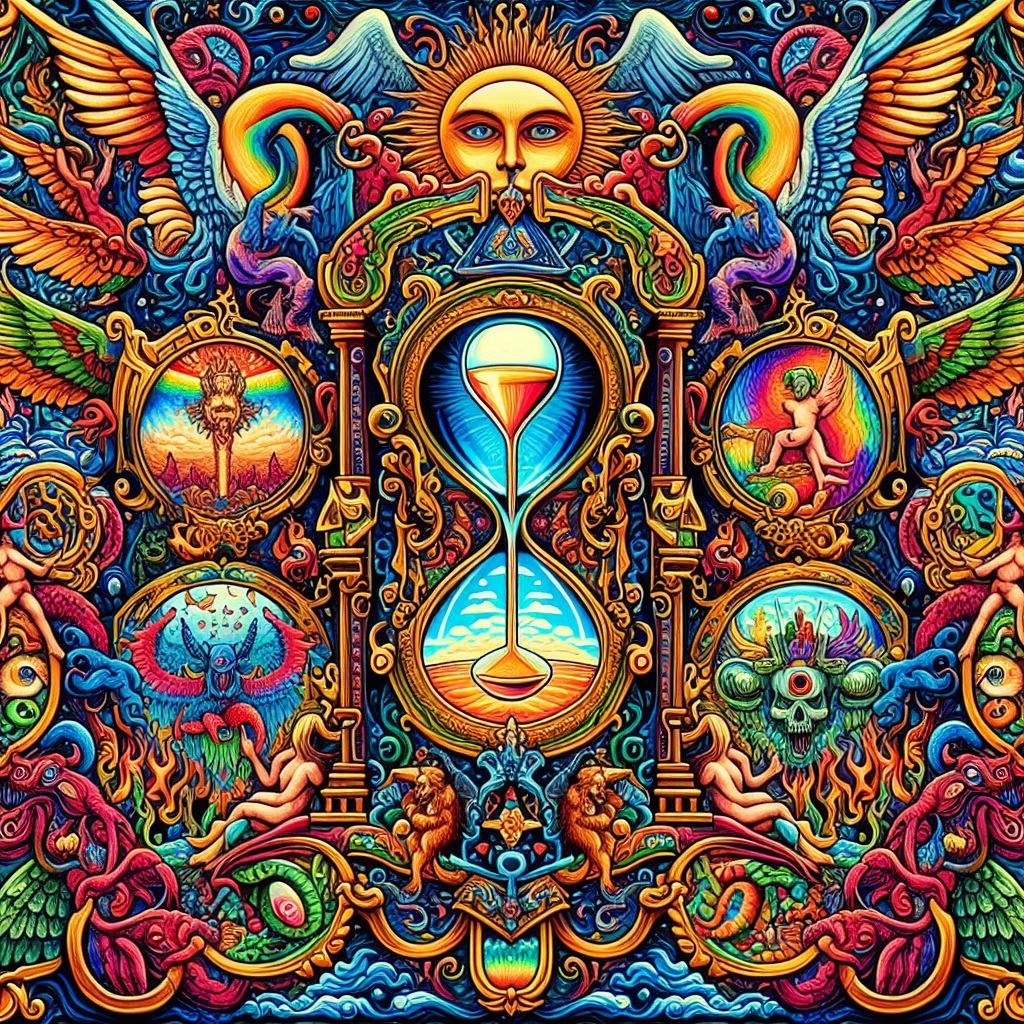
The Role of the Philosopher-King
In Plato’s ideal city, the philosopher-king is the central figure of governance. Unlike rulers who gain power through birthright, wealth, or military prowess, the philosopher-king ascends to the throne through wisdom, virtue, and the pursuit of truth. Plato argues that only those who have reached a profound understanding of the Forms—particularly the Form of the Good—are truly fit to rule. These philosopher-kings are not motivated by personal ambition but by their dedication to achieving the best possible life for their citizens.
For Plato, a philosopher-king’s understanding of justice and virtue allows them to govern justly, without corruption or self-interest. This idea contrasts with the typical rulers of Plato’s time, who were often driven by desire for power and material gain. The philosopher-king is supposed to be deeply connected to knowledge, offering guidance to the city based on wisdom, moral excellence, and an intimate knowledge of the higher realms of existence.
Plato’s concept of the philosopher-king also involves rigorous education. To become a philosopher-king, one must undergo a long and demanding training process, which includes study in philosophy, mathematics, dialectics, and the arts. This education is designed to remove the person’s passions and self-interests, focusing instead on the pursuit of higher knowledge and the well-being of the city as a whole. Through this process, the philosopher-king develops the ability to make wise decisions that benefit the society.
This notion of governance by philosophers has profound implications for political theory. Plato is essentially advocating for governance by those who understand the true nature of justice, reality, and human nature. In contrast to democracy or oligarchy, where rulers are often driven by self-interest, the philosopher-king concept suggests that those who possess the most knowledge are the most capable of leading a just and harmonious society.
However, Plato’s philosopher-king remains a controversial and idealized figure. Critics argue that such a system could lead to tyranny or paternalism, as a single ruler with absolute power might impose their beliefs on society. Despite these concerns, the philosopher-king concept remains an enduring influence in discussions about leadership and governance.
Ultimately, Plato’s philosopher-king is not a ruler in the traditional sense. Rather, they are a moral guide, leading by example, wisdom, and a deep understanding of the world’s higher truths. In The Republic, this idea serves as the foundation for Plato’s vision of the perfect society, one governed by reason and virtue rather than power or greed.
The Theory of the Forms: Understanding the Abstract World
Plato’s Theory of the Forms is one of his most important philosophical contributions and plays a central role in The Republic. In essence, the Forms are perfect, eternal, and unchangeable ideas or concepts that exist beyond the physical worldbeyond the physical world. For Plato, the material world is a mere shadow of these ideal Forms. The Forms represent the true essence of things, and only through reason and intellectual inquiry can one access the world of the Forms.
In The Republic, Plato uses the Theory of Forms to explain how individuals can come to understand justice, beauty, and other abstract concepts. For example, while many different objects can be considered “beautiful,” the Form of Beauty itself is something abstract and perfect, existing independently of any physical manifestation. The beauty of a flower or a painting is just an imperfect copy of the eternal Form of Beauty.
This theory challenges the empirical worldview of Plato’s time, which was based on sensory experience. According to Plato, the senses are unreliable and deceive us, offering only imperfect representations of the true reality of the Forms. By contrast, the intellect is capable of apprehending these higher truths. Philosophers, in particular, are uniquely positioned to understand the Forms, which is why they are best suited to rule in the ideal city.
Plato’s distinction between the world of appearances and the world of the Forms also has significant metaphysical implications. It suggests that reality is not what it seems on the surface, and that true knowledge is not derived from sensory perception but from intellectual insight. This radical view laid the groundwork for much of Western philosophy, particularly in areas like metaphysics, epistemology, and ethics.
The Theory of Forms is also linked to Plato’s moral philosophy. According to Plato, the philosopher who understands the Forms is better equipped to live a virtuous life. The pursuit of knowledge of the Forms is ultimately a moral endeavor, as it allows individuals to align themselves with the highest truths and lead more meaningful lives.
Plato’s Theory of Forms has been influential in the development of many philosophical traditions, including Neoplatonism and idealism. Even today, it remains a key concept in debates about the nature of reality, knowledge, and ethics. For Plato, the Forms are not just abstract ideas; they are the very essence of reality, and understanding them is the key to unlocking the truth about the world and our place in it.
The Allegory of the Divided Line: Knowledge and Reality
Plato’s Allegory of the Divided Line is another important metaphor used in The Republic to explain his views on knowledge and reality. The Divided Line is a symbolic representation of the different levels of understanding, divided into four segments that represent varying degrees of knowledge and perception. The line is divided into two main sections: the visible realm (which includes images and physical objects) and the intelligible realm (which includes the Forms, or abstract concepts).
At the lowest level of the Divided Line is imagination, where individuals see mere shadows or reflections of reality, similar to the prisoners in the Allegory of the Cave. These are images of things that have no true substance. Above imagination is belief, which represents our perceptions of physical objects. While we can know physical objects through our senses, Plato believes this knowledge is still imperfect because it is based on what is transient and unreliable.
The next level is thought, where individuals can begin to grasp abstract concepts such as numbers and mathematical principles. Thought allows us to move beyond the physical world and start understanding more universal truths. The highest level of knowledge, according to Plato, is understanding, which involves the apprehension of the Forms—the perfect, eternal, and unchanging truths that exist beyond the material world.
The Allegory of the Divided Line illustrates Plato’s belief that there are different levels of reality, and only through intellectual contemplation can one attain true knowledge. The physical world is merely a shadow of the true world of the Forms, and our sensory experiences are limited in their ability to reveal the higher truths of existence. True knowledge comes not from observing the physical world, but from engaging with the world of ideas.
This concept of knowledge as a progression from shadows to true understanding has had a profound influence on epistemology, the study of knowledge. Plato’s distinction between belief and knowledge continues to be relevant in modern philosophy, especially in discussions about the limits of empirical observation and the role of reason in discovering truth.
In The Republic, the Allegory of the Divided Line is used to explain how individuals ascend from ignorance to enlightenment. It provides a framework for understanding Plato’s broader philosophy, which emphasizes the importance of reason and intellect in the pursuit of wisdom and truth.
The Education of the Guardians
In Plato’s ideal city, the guardians—who are responsible for defending and ruling the society—must undergo a rigorous education designed to cultivate wisdom, virtue, and discipline. The education of the guardians is crucial to the success of the ideal city, as the rulers must be wise and knowledgeable to govern justly. Plato outlines a comprehensive system of education that includes both physical and intellectual training, aimed at developing well-rounded individuals capable of leading the city toward its highest good.
The education of the guardians begins in childhood and continues into adulthood, with a focus on both mind and body. Children of the guardian class are taught to love and respect the city and its values, with an emphasis on moral development. They are trained in music, gymnastics, and philosophy, as Plato believed that physical and intellectual training were equally important in developing a balanced character. Music cultivates harmony and rhythm, while gymnastics strengthens the body, preparing the guardians for the physical demands of their role.
As they grow older, the guardians’ education becomes more specialized. They study subjects like mathematics and philosophy, with a particular focus on the theory of Forms. This intellectual training is designed to help the guardians understand the deeper truths of existence, beyond the material world. The ultimate goal of the guardians’ education is to prepare them to rule the city with wisdom and justice, guided by an understanding of the higher principles of reality.
In addition to intellectual training, Plato emphasizes the importance of moral education. The guardians must learn to control their passions and desires, developing self-discipline and virtue. Plato believes that only those who have achieved moral excellence are fit to govern, and that education plays a crucial role in shaping the character of the rulers. This focus on moral education is central to Plato’s vision of the ideal city, where the rulers are guided by wisdom and virtue rather than personal ambition or material gain.
Plato’s educational system is intended to create a class of philosopher-kings who are not only knowledgeable but also morally virtuous. The guardians’ education is designed to ensure that they are capable of making wise decisions for the benefit of the entire society. This emphasis on education as a means of achieving justice and harmony is a central theme in The Republic, highlighting the importance of intellectual and moral development in creating a just society.
While Plato’s educational system may seem idealistic, it reflects his belief in the transformative power of knowledge and virtue. He argues that the best rulers are those who are educated in philosophy and who possess the wisdom to see beyond personal desires. The education of the guardians is central to Plato’s vision of a just and harmonious society, where individuals are guided by knowledge and wisdom in all aspects of life.
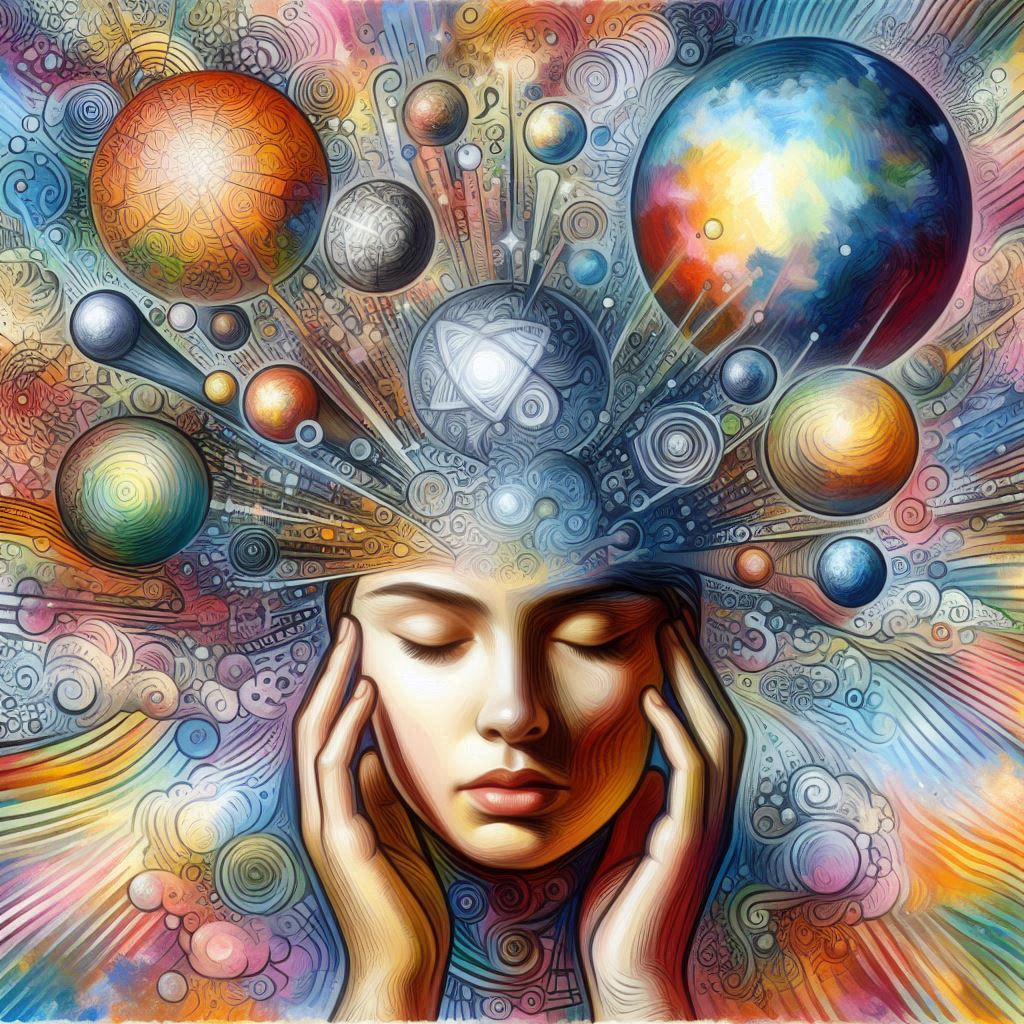
The Impact of The Republic on Modern Thought
The Republic has had a profound and lasting impact on Western thought, shaping not only political theory but also ethics, metaphysics, and epistemology. Plato’s exploration of justice, the ideal society, and the philosopher-king has influenced generations of political thinkers, including philosophers like Aristotle, Machiavelli, and Thomas Hobbes, who built on and critiqued Plato’s ideas.
Plato’s emphasis on the philosopher-king has been particularly influential in discussions about governance and leadership. The idea that the best rulers are those who possess wisdom and virtue, rather than wealth or power, has resonated with many political theorists. This notion continues to be relevant today, especially in debates about the qualities that make for effective leadership in both democratic and authoritarian systems.
Moreover, Plato’s Theory of Forms has had a lasting impact on metaphysical and epistemological thought. The distinction between the world of appearances and the world of true reality has shaped modern debates about the nature of knowledge, perception, and reality. Plato’s work has been instrumental in developing the idea that knowledge is not simply about sensory experience but about intellectual insight into the underlying truths of the world.
The allegories in The Republic, such as the Allegory of the Cave and the Allegory of the Divided Line, have become foundational metaphors in philosophical literature. These allegories continue to inspire thinkers to question the nature of reality and the limits of human perception. Plato’s work challenges us to look beyond surface appearances and seek deeper truths, urging us to reflect on our own beliefs and assumptions about the world.
The Republic has also influenced fields beyond philosophy, such as political science, psychology, and education. Plato’s ideas about the structure of society, the nature of justice, and the importance of education continue to shape discussions in these fields, offering insights into how we can create more just and harmonious communities.
Despite its ancient origins, The Republic remains a timeless work that continues to provoke thought and discussion. Its influence on Western intellectual history cannot be overstated, and its relevance to contemporary debates about justice, politics, and the nature of reality ensures its continued importance.
Conclusion: The Lasting Legacy of The Republic by Plato
The Republic remains one of the most influential and enduring works in the history of philosophy. Plato’s exploration of justice, governance, education, and the nature of reality continues to resonate with readers today, offering valuable insights into the complexities of human society and the pursuit of wisdom. His ideal city, governed by philosopher-kings, presents a vision of a just society that challenges us to rethink the nature of leadership and justice.
Plato’s Theory of Forms, his allegories of the cave and the divided line, and his views on education and governance have had a profound impact on philosophy, political theory, and ethics. The Republic invites us to question our assumptions, to seek knowledge beyond appearances, and to strive for moral and intellectual excellence. Plato’s work is not just a theoretical treatise, but a guide to living a life of virtue and wisdom.
In conclusion, The Republic is not just a work of political theory or philosophy—it is a call to personal and societal transformation. It challenges us to live up to our highest potential, to seek truth and justice in our own lives, and to work toward a society that fosters the well-being of all its members. Plato’s vision of a just society, led by wise and virtuous rulers, remains a powerful ideal that continues to inspire thinkers and leaders to this day.
As relevant today as it was in ancient Greece, The Republic remains a masterpiece of philosophical inquiry and a testament to the enduring power of ideas to shape the course of human history.

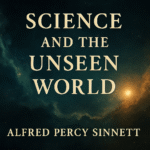
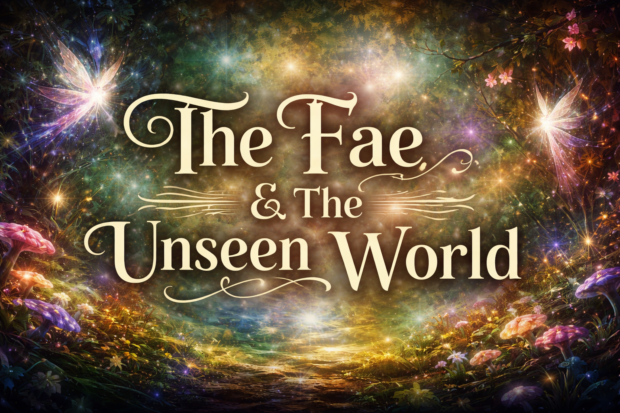

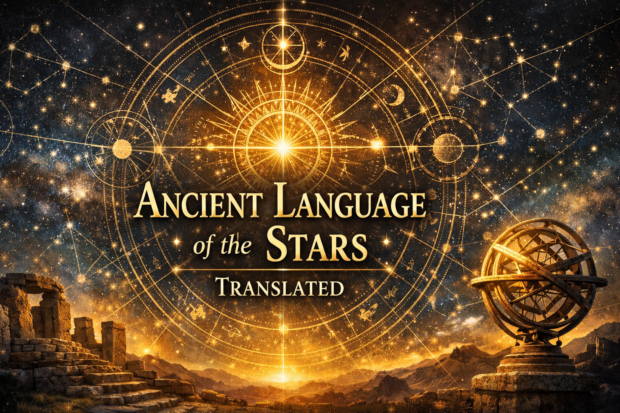


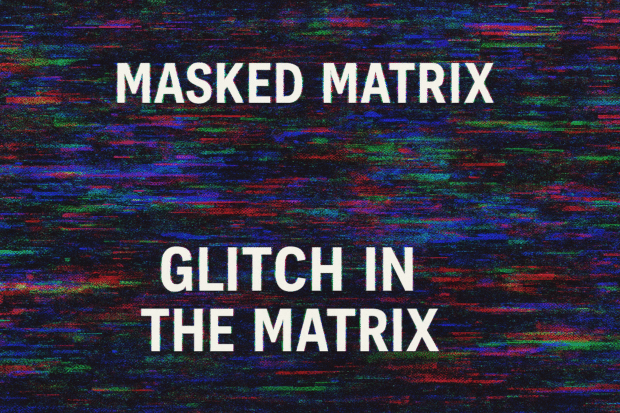
Be the first to leave a comment